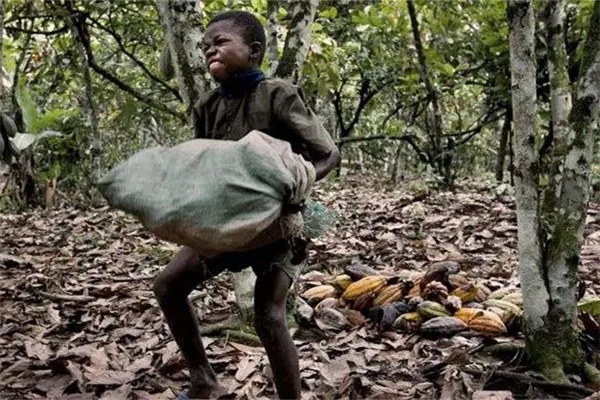Government of Ghana will in the coming days get tougher on human trafficking in all forms, a senior public official announced here on Wednesday.
The Executive Secretary at the Human Trafficking Secretariat at the Ministry of Gender, Children and Social Protection, Victoria Natsu, gave the warning during the media launch of the Blue Day celebration in Ghana.
She said public officials and security personnel would be trained in the coming weeks to step up the fight against human trafficking and child slavery.
Ghana has been classified as a 'source, transit and destination' country for men, women and children subject to forced labor and sex trafficking, putting the country on the Tier Two watch list.
"Government is therefore working assiduously in terms of funding support for key institutions, data collection on trafficking, capacity building for law enforcement officials, upgrading our existing shelters and mapping out new ones," Natsu stated.
Natsu said the government was working on the key message of "No Human Trafficking in all its forms" while working hard to break both the demand and supply chains in child trafficking.
To make these efforts work effectively, government has also introduced initiatives such as the gender policy, child and family welfare policy, the social protection policy and the aged bill, geared towards the protection of women, children and the vulnerable.
"Government has also taken the initiative to reduce poverty which is one of the root causes of human trafficking. The Livelihood Enhancement Against Poverty (LEAP) is one of such initiatives," the official noted.
Emelia Allan, the Child Protection Specialist at UNICEF, said the world body would continue to work with the government of Ghana and civil society organizations to ensure that the menace was eliminated.
"Protecting children from trafficking begins from prevention; that is reducing vulnerabilities that make children susceptible to trafficking and ensuring the protective environment a child needs for survival and development," she added.
(APD)
 简体中文
简体中文

